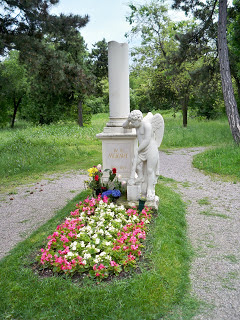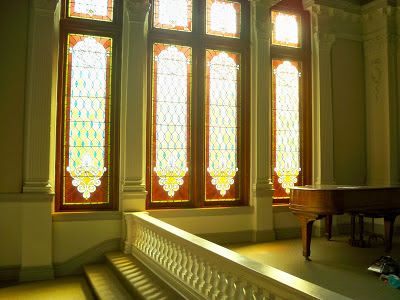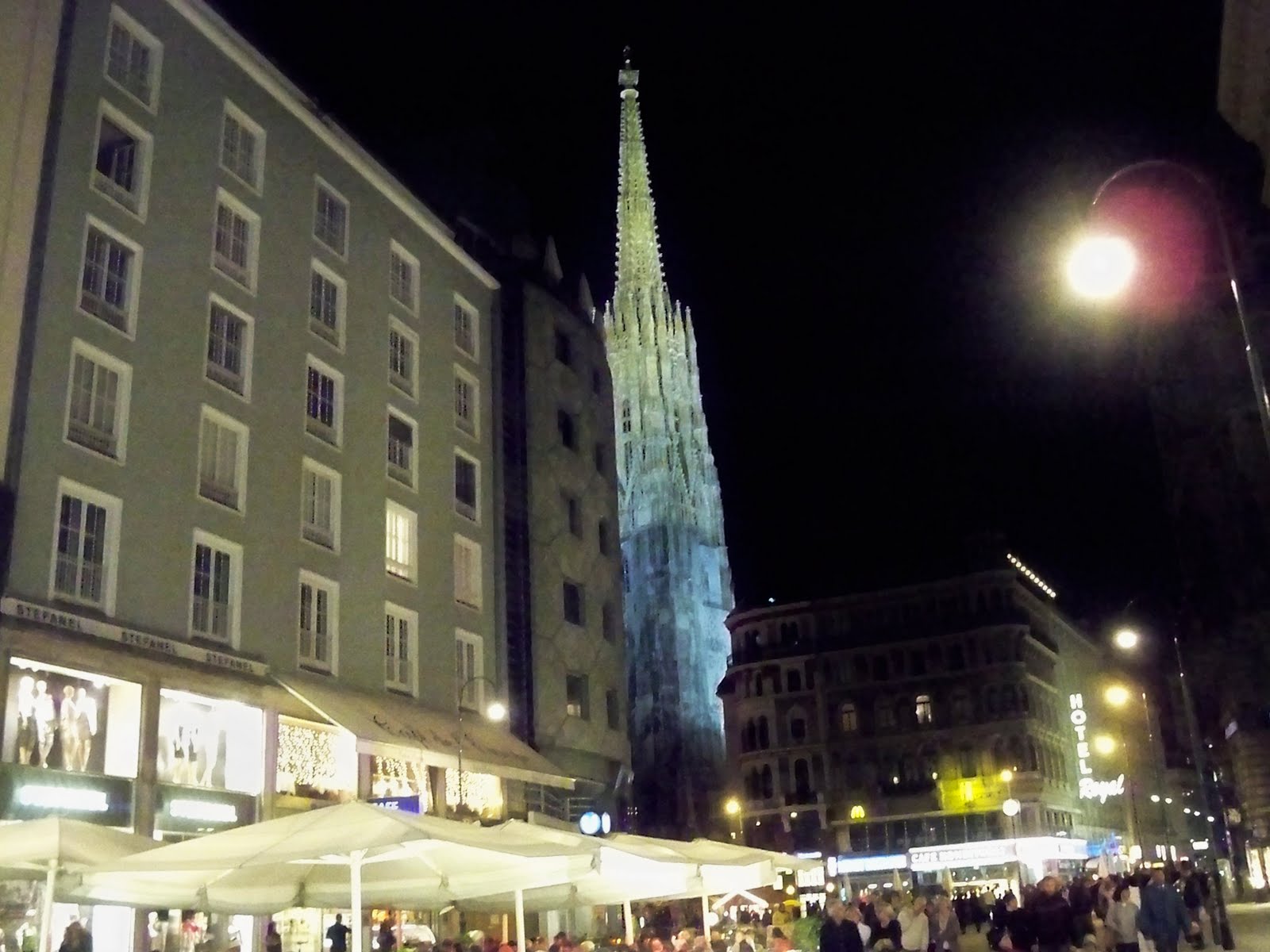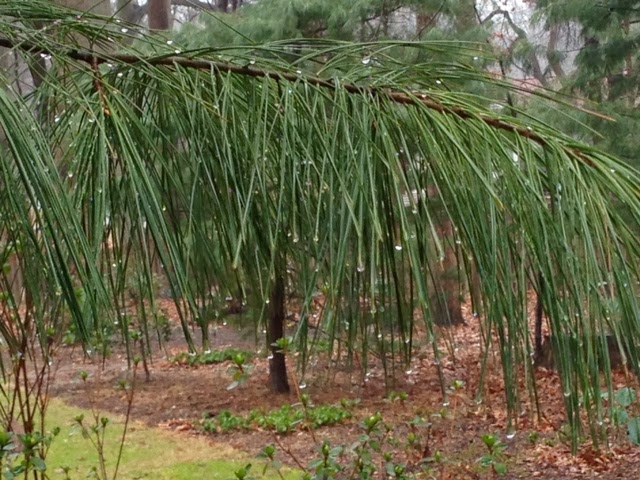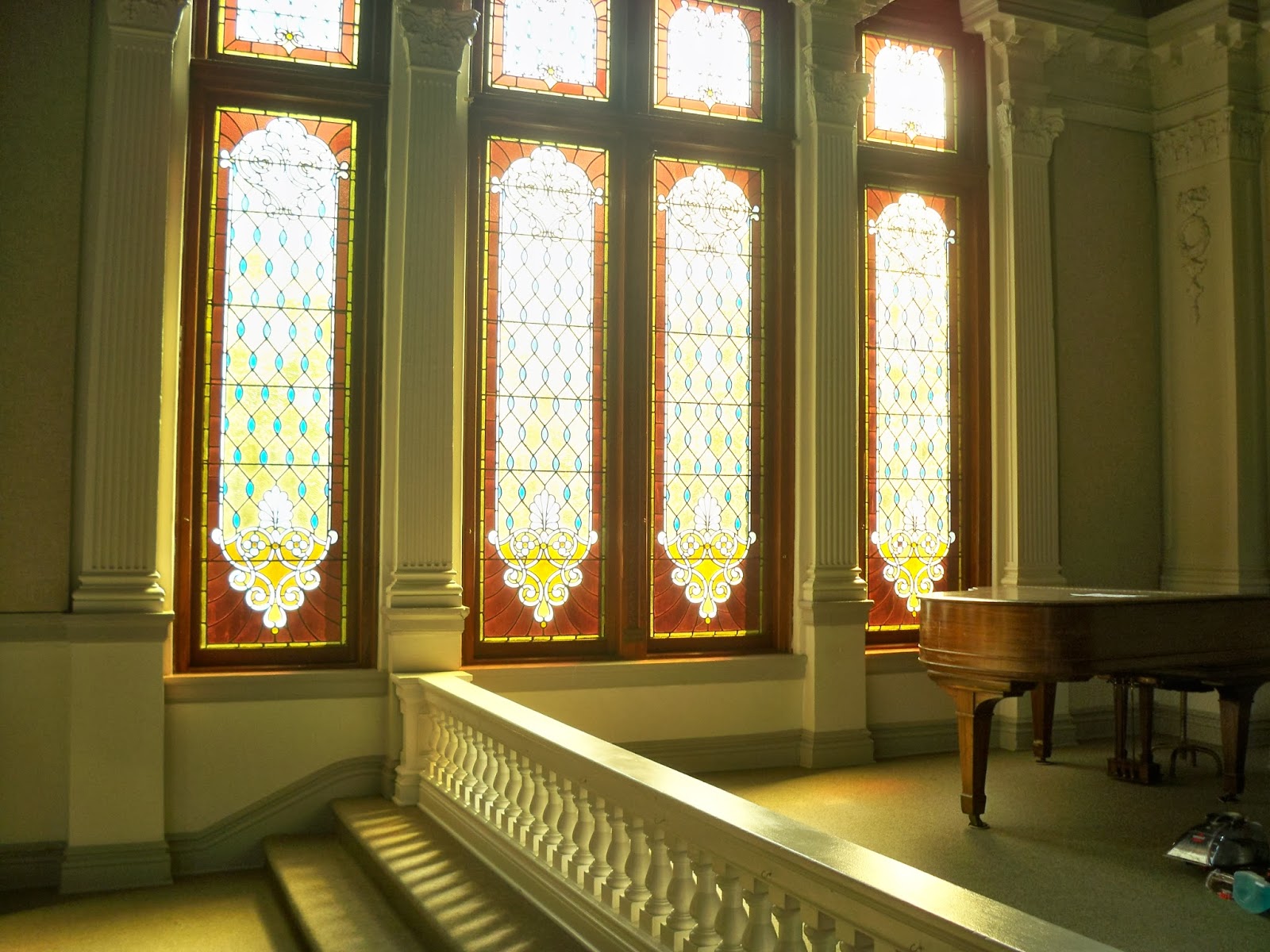The Fine Print
The Catholics are at it again. I love them, of course. I’m one of them. But their pronouncements can make me cringe. One of the latest is about cremation.
It used to be verboten. The resurrection of the body and all of that. But now, for reasons I don’t completely understand but which may have to do with the number of people on this earth and the popularity of the practice, it’s allowed as long as the cremains are buried respectfully. No scattering the ashes about in woods and fields and mountain tops. No keeping them in jars on mantels.
I read a letter in our diocesan newspaper last night. Can I be buried at sea? was the question. And the answer: Yes, if your ashes are in a special container.
For some reason this morning all of this makes me smile. I mean, if the good Lord is capable of raising us on the Last Day, is it really going to matter if we’re in a jar or the ground or scattered across the Appalachian Trail?
I have to hand it to Catholics, though, because we care about these things. And that’s the point, isn’t it?
